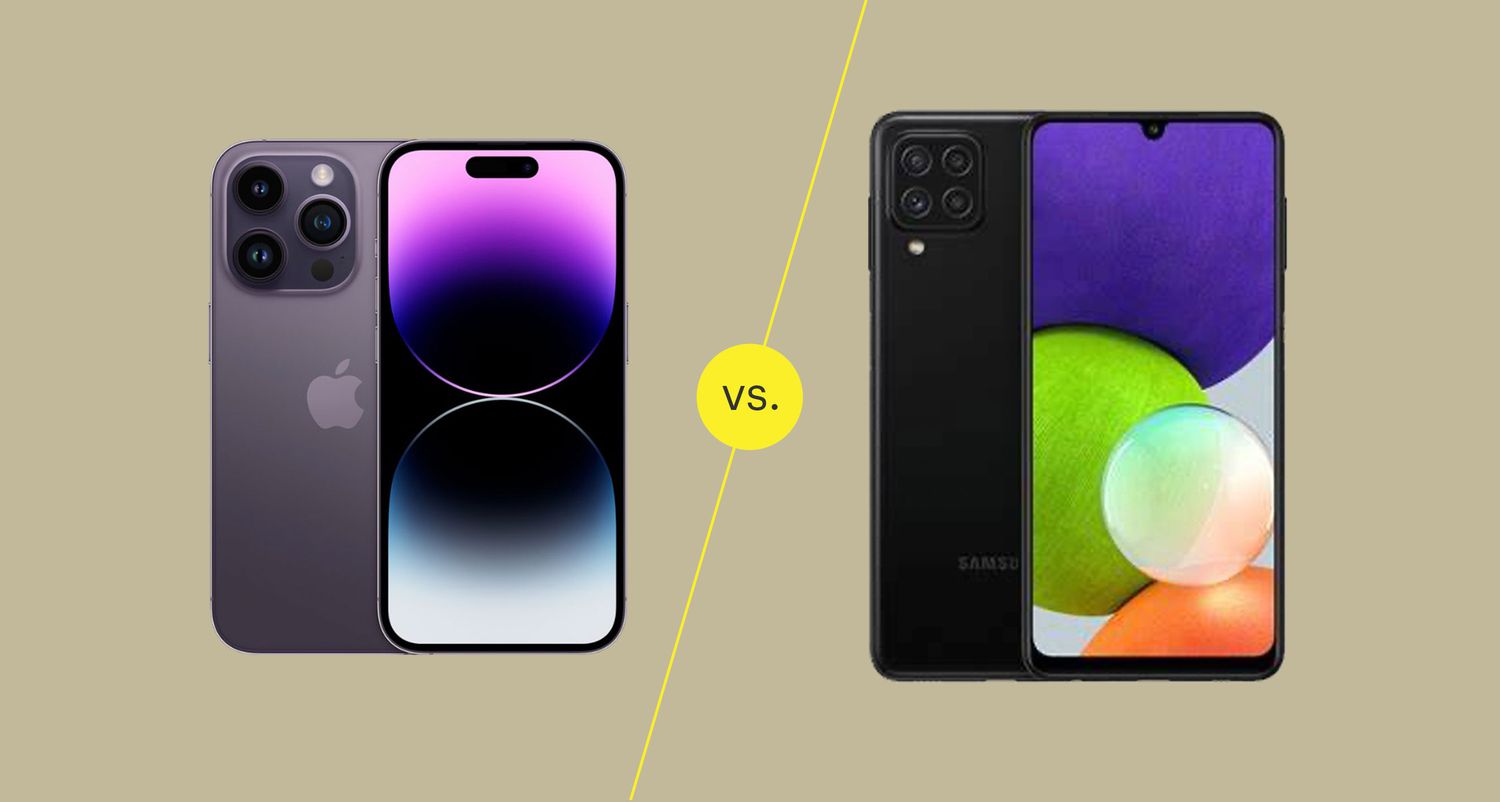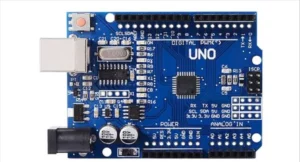Iphone Vs Android:
Last night I was thinking to myself “I wonder how much Google really knows about me?”
But then my Android phone texted me the message “not much”. So I feel better now.
Please treat this as my humour.
In today’s tech-savvy world, smartphones have become an integral part of our lives. Two of the most popular smartphone operating systems are iOS (found on iPhones) and Android.
While they share similarities, they also have distinct differences that cater to different user preferences. Let’s dive into these differences in simpler terms.
Operating System:
iPhones run on iOS, a system developed by Apple, while Android is the operating system developed by Google.
iOS is like a secret recipe owned by Apple, while Android is like an open cookbook shared with many chefs.
Customization:
If you think of your smartphone as a room, iOS lets you change the color of the walls, but Android lets you redecorate the entire place.
With an iPhone, you can change the wallpaper and some settings, but with Android, you can make everything look and feel the way you want.
Apps:
Imagine apps as tools in a toolbox. Both iPhones and Androids have a bunch of tools, but some tools are only found in one box.
For instance, iMessage is like a special tool only in the iPhone toolbox, while Google Play Music is like a unique tool in the Android toolbox.
Price:
iPhones can be like fancy designer clothes, a bit pricier because they’re made by one famous brand.
On the other hand, Android phones are like clothes made by different designers – some are expensive, and some are more budget-friendly.
Ecosystem:
Think of your phone as the main character in a story.
iPhones are like the main character who hangs out with their best buddies: iPad, Mac, Apple Watch, and Apple TV. Android phones, however, can be friends with lots of different gadgets, but they don’t all get together for the same adventures.
Security:
Imagine apps as pets. iOS is like a responsible pet owner who takes extra care of their pets.
They make sure all their pets are well-behaved and don’t cause any trouble. Android, on the other hand, has lots of pet owners, and some pets might get into mischief because there are different rules.
Read more: How Much Will the iPhone Price Hike as US-China Tensions Escalate?
Why are iPhones expensive
In the world of smartphones, two giants stand tall: iPhones and Android phones.
You might wonder, why do iPhones often come with a higher price tag compared to many Android phones? Let’s uncover the reasons behind this pricing disparity.
Unique Design and Build: iPhones are known for their premium design and build quality. Apple uses high-quality materials like glass and metal, which can increase manufacturing costs.
Additionally, Apple meticulously designs every aspect of their phones, from the hardware to the software, aiming for a seamless and distinctive user experience.
Ecosystem Integration: Apple has created a tightly-knit ecosystem of products and services that work seamlessly together.
iPhones, iPads, Macs, Apple Watches, and more all sync effortlessly, allowing users to switch between devices effortlessly.
This integration requires intricate engineering, software development, and testing, driving up the cost.
Software Optimization: iOS, the operating system that powers iPhones, is designed specifically for Apple’s hardware.
This close integration allows Apple to optimize performance, resulting in smoother user experiences and longer-lasting battery life.
Developing and maintaining this level of optimization adds to the overall cost.
R&D Investment: Apple invests heavily in research and development to innovate and introduce new technologies.
Features like Face ID, the A-series chips, and advanced camera systems are the result of substantial R&D efforts. These cutting-edge technologies contribute to higher production costs.
Brand and Status: Apple has built a reputation for delivering premium products with a focus on user experience.
Owning an iPhone is often associated with status and luxury, which can justify a higher price for consumers who value these aspects.
Strict Quality Control: Apple maintains strict quality control throughout its manufacturing process.
Each device undergoes rigorous testing to ensure it meets Apple’s standards. This attention to detail can lead to higher production costs.
Limited Product Line: Apple offers a relatively limited range of iPhone models at any given time compared to the diverse lineup of Android phones.
This exclusivity can sometimes contribute to higher prices.
Customer Support and Services: Apple offers comprehensive customer support and services, including AppleCare, in-store support, and regular software updates for several years. These services add to the overall cost of owning an iPhone.
Conclusion:
Choosing between an iPhone and an Android is a bit like choosing between a tailored suit and a mix-and-match outfit.
If you want a phone that’s simple and safe, like a trusted friend, then an iPhone might be your pick.
But if you’re all about making things look and work just the way you want, like an artsy inventor, then Android could be your jam.
Remember, it’s all about what feels right for you. Take your time, try both “outfits,” and pick the one that fits your style and needs the best. Happy smartphone hunting!
An iPhone Joke
iPhone user: The new iPhone is coming out.
Android user: What’s new?
iPhone user: We’re getting facial recognition.
Android user: Had that 4 years ago, next.
iPhone user: We’re getting wireless charging.
Android user: Had that 2 years ago, next.
iPhone user: We’re getting water resistance.
Android user: Had that 3 years ago, next.
iPhone user: Nothing is better than an iPhone.
Android user: Your screen is powered by Samsung technology, you know. It’s from the Samsung ecosystem.
iPhone user: What am I paying for then?
Android user: A Galaxy S6.




